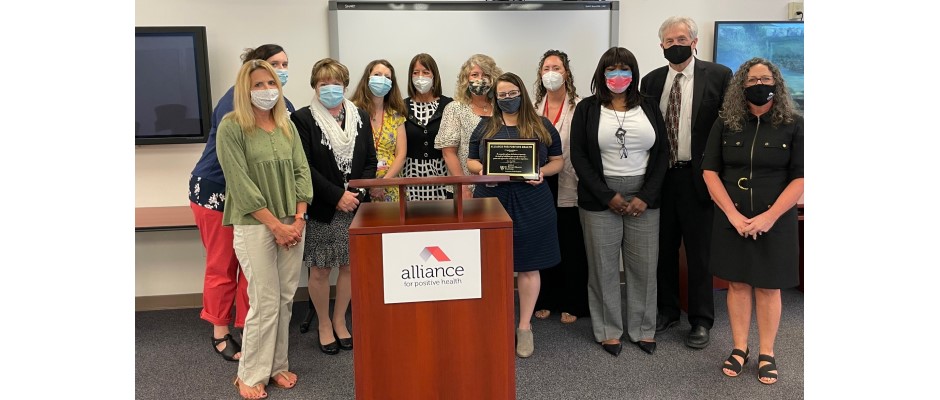
[This piece was written by Kassandra Foley, MHA, MT(ASCP)cm, CIC, Regional Director for Infection Prevention & Control, St. Peter’s Health Partners and St. Joseph’s Health.]
With the 2020-21 flu season effectively nonexistent and the 2021-22 season mild, it remains to be seen how widespread influenza will be in 2022-23. But, based on the high number of cases in the Southern Hemisphere – which is usually a sign of things to come for the Northern Hemisphere — experts are predicting this year’s flu season may be especially bad.
The reason: COVID has been the dominant infectious disease for more than two years, and the social distancing, mask-wearing, diligent hand-washing and other steps people took to slow the spread of COVID were also effective in slowing the spread of influenza.
The influenza season generally starts in October and can stretch into May, with the peak months usually from December to February. With preventive measures like masking down significantly, compared with the last two years, influenza has the opportunity to regain a foothold. Before it does, it is crucial to get your annual flu vaccine as soon as possible.
The flu can be exceptionally deadly. The 2018-2019 season was particularly bad, with The Centers for Disease Control and Prevention (CDC) estimating there were approximately 50,000 flu deaths in the United States, mostly among the very young, the elderly, and people with heart or breathing conditions (like emphysema or asthma).
Influenza is a viral respiratory infection. Antibiotics are not an effective treatment for the flu, as antibiotics treat bacterial infections, not viral infections.
Some tell-tale signs of the flu are:
- Sudden onset of illness;
- A fever over 101 degrees that lasts three to four days;
- Headache;
- Tiredness/weakness that can last from two to three weeks;
- Muscle aches and pains; and
- Chest discomfort
Hygiene is key to fighting the flu – you should wash your hands frequently, and be sure to cover your coughs and sneezes. And the best prevention against the flu is to get vaccinated.
The CDC recommends vaccination for everyone six months of age and older. Points to remember:
- Vaccines are safer and more effective today than ever before.
- The flu IS NOT CAUSED by the vaccine.
- It takes about two weeks for full protection to develop.
Remember that when you get vaccinated, you are not only protecting yourself, but also those who cannot receive the vaccine. There is a small group of people who should NOT receive a flu vaccine because of severe allergies or certain pre-existing conditions. Ask your doctor if there is any reason that you should not receive a flu shot.
It is important to note scientists put a great deal of energy every year into studying which strains will be most prominent. Though there are times where not every vaccine strain is a perfect match with the most prevalent strain in our region, it will nonetheless confer some degree of protection — and certainly, some protection beats none.





